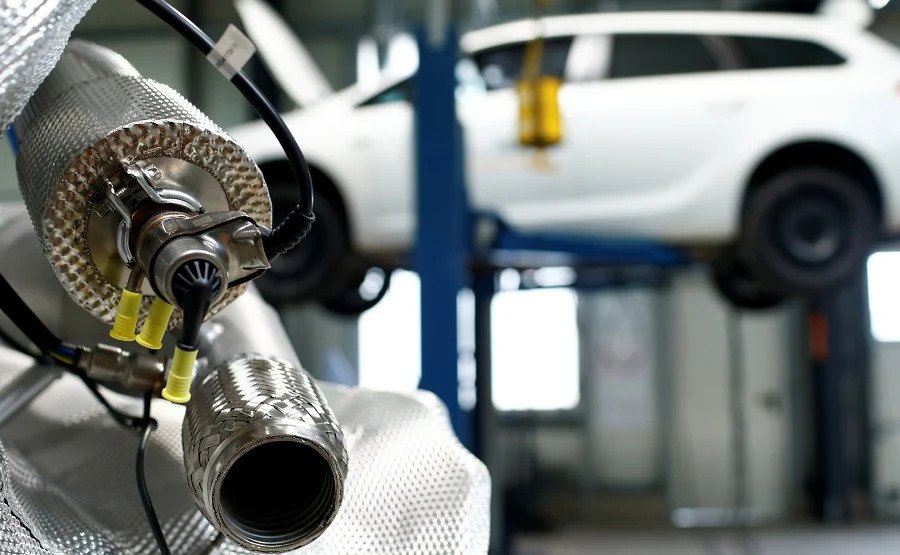These eight countries, comprising nearly one-third of the EU's 27 members, recently issued a joint paper challenging "any new exhaust emission rules" and additional testing requirements for vehicles. The letter, sent to other EU countries, holds significant weight as these nations possess the voting power to potentially block the proposal.
The pushback against the upcoming regulations is not unprecedented. Stellantis CEO Carlos Tavares had previously criticized the regulations, referring to them as "useless" for the industry while posing no significant environmental benefits. Tavares highlighted the high costs for automakers, diverting funds from zero-emission development towards short-term engine solutions. Consequently, these expenses may result in higher prices for internal combustion engine (ICE) vehicles, placing an additional burden on consumers.
Volkswagen also voiced similar concerns just a few months ago, with VW Passenger Cars CEO Thomas Schafer emphasizing the rapid shift towards electrification in the company's future plans. He argued that the limited lifespan of redesigned engines would lead to price increases, making small cars like the VW Polo or Skoda Fabia unaffordable for many buyers.
This opposition to the strict Euro 7 standards aligns with the impending ban on internal combustion engines in Europe by 2035, a move that has also sparked controversy. Germany and other countries, including those in the aforementioned coalition, have expressed resistance to the ban. As a result, the EU is exploring the use of synthetic fuels to potentially extend the lifespan of combustion engines beyond 2035.
While the debate surrounding emission regulations continues, it remains to be seen how these eight countries' stance will influence the final outcome. As the automotive industry navigates the transition towards cleaner technologies, striking the right balance between environmental goals and economic feasibility remains a paramount challenge.
Source: Reuters

